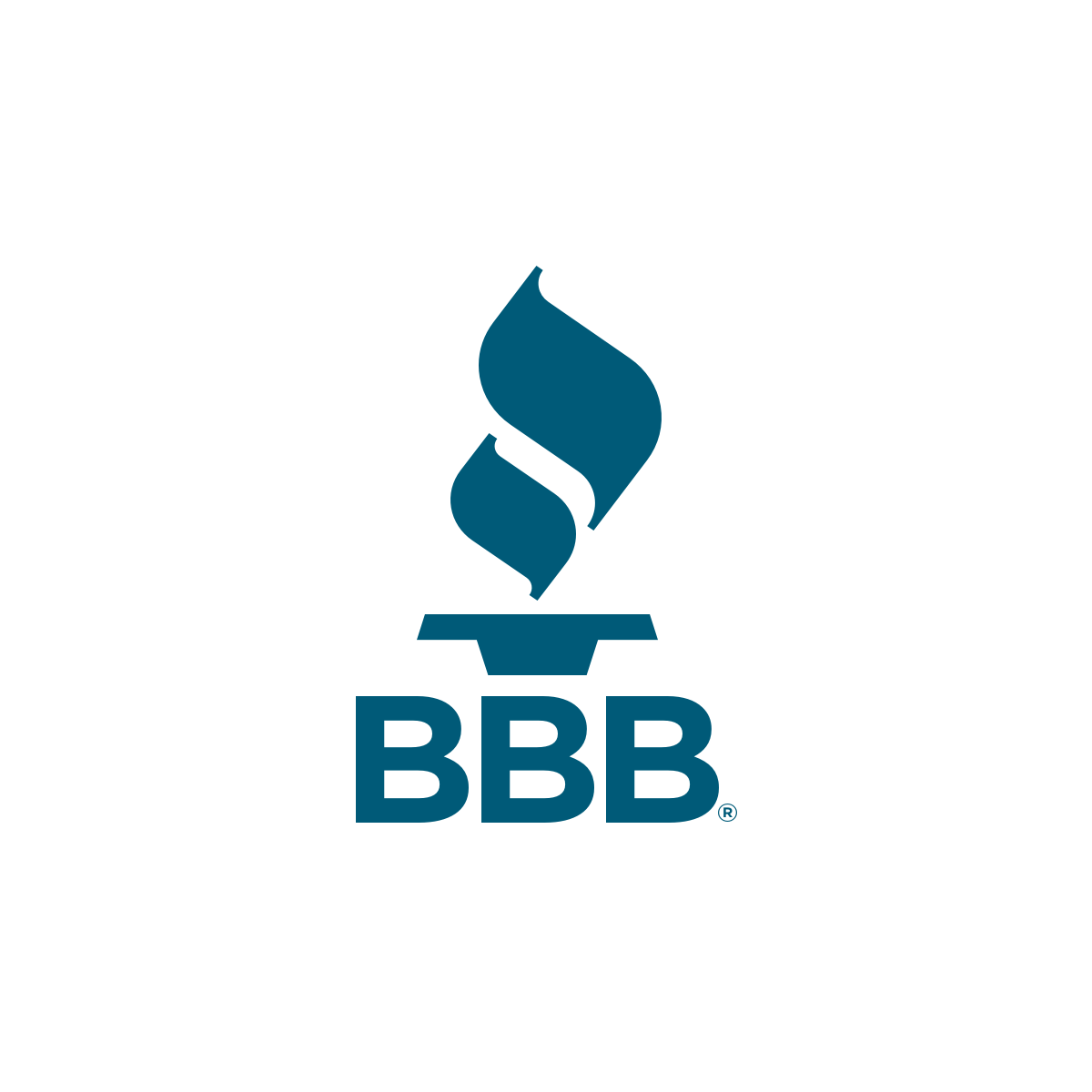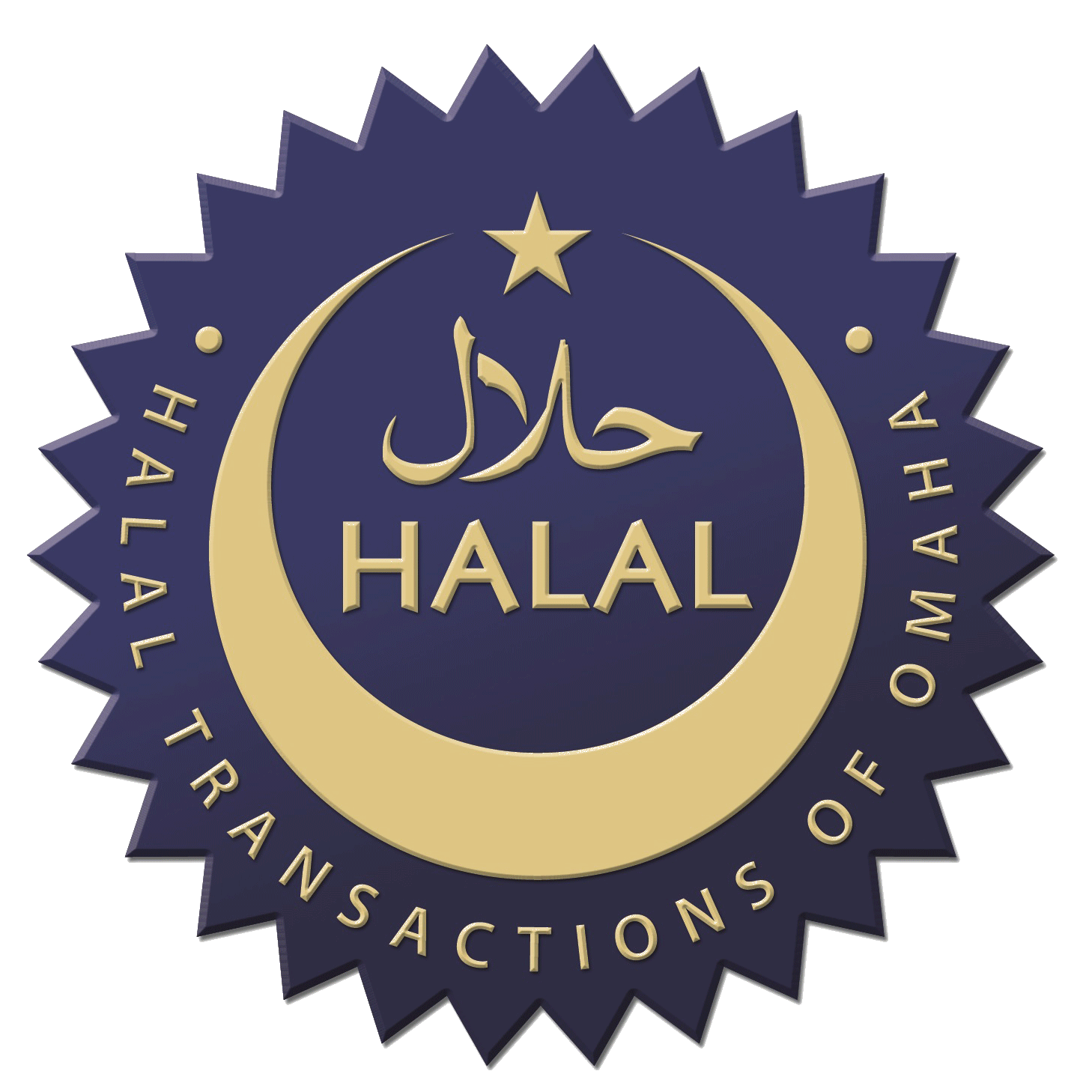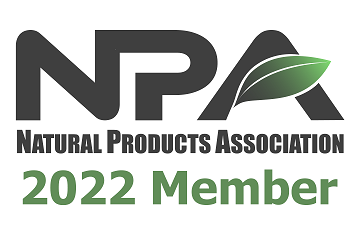Frequently Asked Questions
Business Inquiries/Questions
Or contact us at any time if you need more information on what you’re looking for.
—————————————————————————
– info@halaltransactions.org
Halal Certification is the process of having a qualified independent third party supervise the production of consumables, attesting that they were produced in conformity with the preparation and ingredient standards of the halal lifestyle. After successful adoption and performance of halal productivity procedures, the supervisory third party then issues Halal Certification to the producer attesting to halal conformity on a per product basis. While halal requires foods to be wholesome and pure, Halal Certification has left the issue of food safety to the government regulatory bodies .
Halal Certification is required to produce acceptable food and consumable products for halal consumers. That includes the 1.8 billion Muslims in the world and the many millions of others who also choose to eat halal products because of the obvious positive health benefits associated with the cleanliness and purity of food and drug preparation within the halal framework as well as the compassion with which animals are slaughtered when done so in accordance with halal standards.
The market for halal-certified products is huge and growing. It includes the 1.4 billion Muslims worldwide and many millions of health-conscious non-Muslims who chose to eat halal-certified products because these products are inherently cleanly and manufactured in a compassionate manner with respect to the treatment of slaughtered animals. (When animals are slaughtered in a less compassionate manner, hormones and toxins from fear and shock are released into the respective bloodstreams of the animals; these hormones and toxins find their way into the musculature and taint the aft-consumed meat with unnecessary ingredients.) There are over 9 million Muslims in North America, over 20 million in Europe, over 300 million in Africa, nearly 200 million in the Middle East and over 800 million in Asia.
General Inquiries/Questions
Halal is a set of religious rules that dictate what Muslims can consume and how they live their lives. It’s more than just meat.
In the simplest sense, Halal can be thought of as the Muslim equivalent of Kosher. Halal is far more complex than indicated by the above. It is more than a set of rules on how to harvest an animal.
Halal is based on the religious foundations of Islam. However, in the modern world, it is advised and utilized in a way that allows it to apply to a modern manufacturing and logistics system, involving modern technology and ways of doing business. à harnessing modern technology and systems to produce Halal for a growing world. Halal is intrinsic to the food and product needs of a vast population of consumers that inhabit this planet. Understanding Halal and how it relates to your business is crucial if you want to tap into that huge market.
Muslim slaughtermen pronounce the Tasmiyah prayer (Bismillah Allahu Akbar) on each animal at the time of slaughter. Jewish Rabbis usually pronounce their prayer only once at the beginning of the slaughtering session. In Halal slaughter, the animals may be directed towards the Qiblah, whereas no such specific direction is part of Kosher slaughter. In Kosher slaughter, Rabbis examine the lungs and viscera of the carcass to check for discoloration and scars in these organs. In Halal slaughter no such exams are made. Health issues are usually left to government officials and/or quality control personnel at the facility. This partially explains why an average of 50% or less of carcasses may qualify for the Kosher stamp. Only the front side of the beef carcass/ animal is certified Kosher, hind quarters are not certified Kosher.
Some Muslim authorities allow the consumption of Kosher, especially when Halal is not available, considering the traditions of most schools of thought and following this verse in the Holy Quran:“اليوم أحل لكم الطيبات وطعام الذين أوتوا الكتاب حل لكم وطعامكم حل لهم”“And today its proclaimed that the Food of the People of the Book are Lawful to You and Your Foods are Lawful to Them” ( 5:5 ). Many Muslim scholars, however, say that Kosher is not a substitute for Halal. Though a person may consume Kosher, he or she cannot buy Kosher from the market, label it Halal and sell it to Muslims. Others claim that any drive for restrictions on Kosher is only for political and economic reasons.
Products
◦Meat and Poultry (whether that be raw, cooked, unprocessed, or processed)
◦Non-meat Foods and Beverages
◦Ingredients
◦Pharmaceuticals/Nutraceuticals
◦Chemicals
◦Cosmetics and Fragrances
◦Fashion. Textiles, and Leather
Services
◦Hotels
◦Logistics (warehouses, cold storage, transportation and shipping, etc.)
◦Catering
◦Grocers
◦Restaurants
◦Butchers
Experiences
◦Vacations
◦Cruises
◦Bovine animals (cattle, steers, cows, veal, etc.)
◦Camels
◦Goats
◦Lambs/Sheep
◦Buffalo
◦Bison
◦Big game animals such as Deer and Elk
◦Poultry animals and game birds (chicken, turkey, duck, geese, pheasant, prairie chicken, quail, thrush, etc.)
◦Rabbit
◦Ostrich à remember, Halal is global
◦Kangaroo (according to some scholars)
◦Fish and other marine animals (as long as they are not poisonous or otherwise hazardous to human health)
– All of the above require Halal-compliant harvesting and production/processing methods to render any product derived from them as being Halal. This means third-party Halal certification is mandatory. Otherwise, a majority of Muslim consumers will not purchase the product.



